Prof. Jianjun Hu, director of the Machine Learning and Evolution Lab and his collaborators Prof Ming Hu (PI) from USC Mechanical engineering and Prof. Christopher Wolverton (Co-PI) of Northwestern University have just acquired a NSF grant on generating a modern phonon database and developing machine learning prediction, analysis, and visualization tools for data driven materials discovery, which will speed up research and design of novel thermoelectrics, superconductors, photovoltaics, superionic conductors.
Phonon Database Generation, Analysis, and Visualization for Data Driven Materials Discovery
Material databases and their related computing infrastructures have become the major cornerstone of current data driven and artificial intelligence (AI) based materials discovery. However, among the rich material properties of interest to the materials community, few databases have comprehensively included phonon properties, which are at the center of materials science and are related to diverse functionalities such as thermoelectrics, superconductors, photovoltaics, superionic conductors, etc. This project meets these urgent needs to generate a comprehensive phonon database along with analysis, visualization, navigation, and visualization tools, combined with multi-channel infrastructure-community communication and feedback. The phonon database will become an excellent complement to the currently widely used material databases. Developing such an infrastructure will be beneficial for all areas of materials science and engineering, accelerating the prediction, design, and synthesis of novel materials with various emerging applications in modern science and technology. The project will promote the engagement of underrepresented and minority students in research, equip engineering students with interdisciplinary expertise and frontier knowledge crucial to their future careers, and fulfill the mission to prepare a high-quality workforce for science, technology, and engineering. The project will also develop new course materials for undergraduate and graduate computational materials science courses.
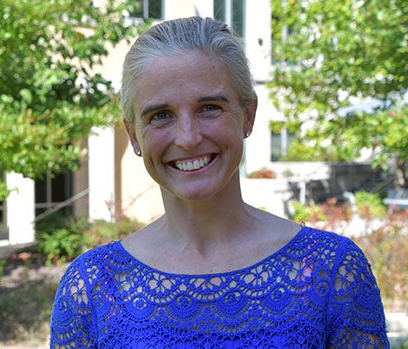 Portia Plante knew she wanted to teach computer science from an early age, but her path to academia was not straightforward.
Portia Plante knew she wanted to teach computer science from an early age, but her path to academia was not straightforward.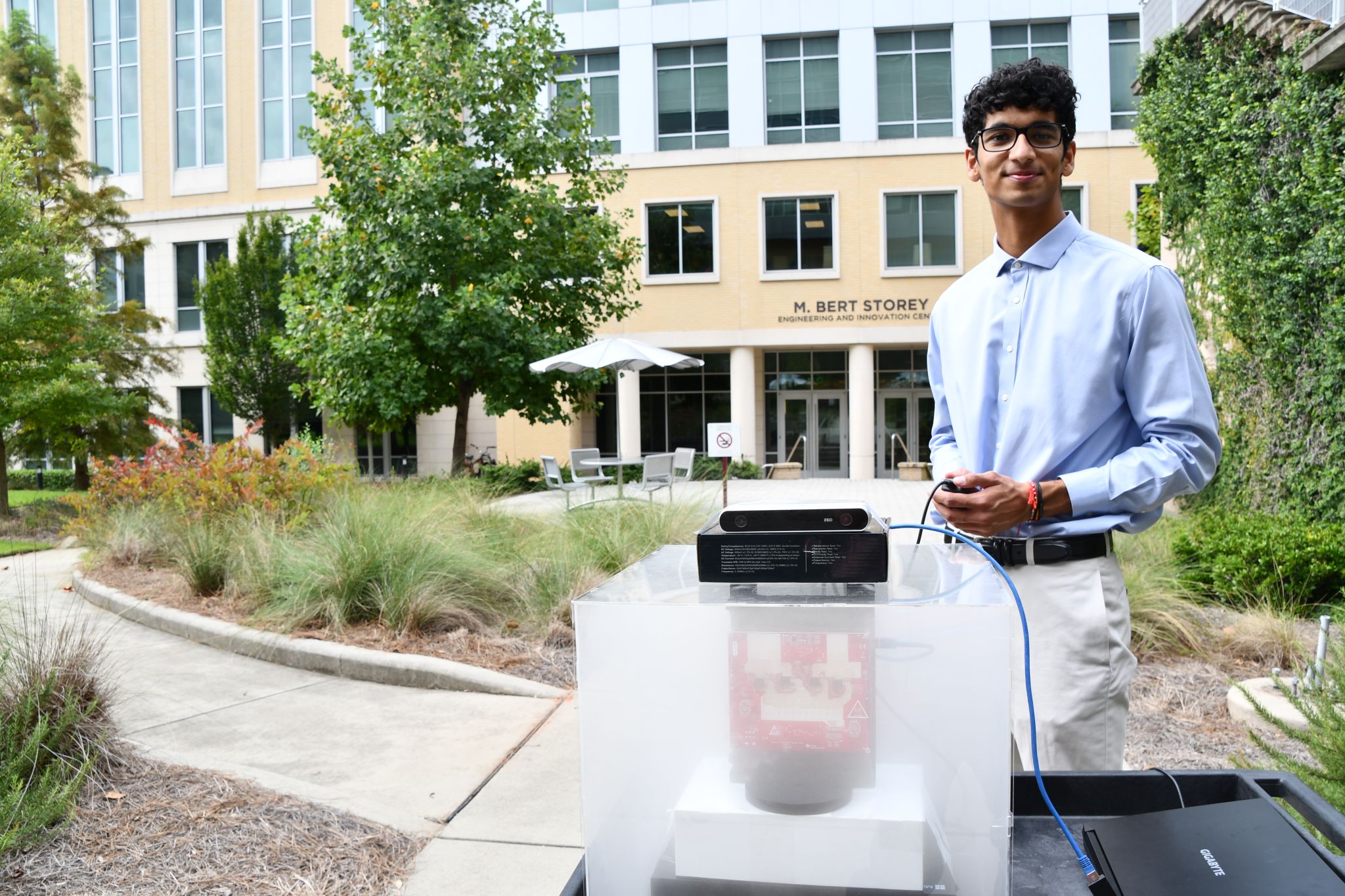
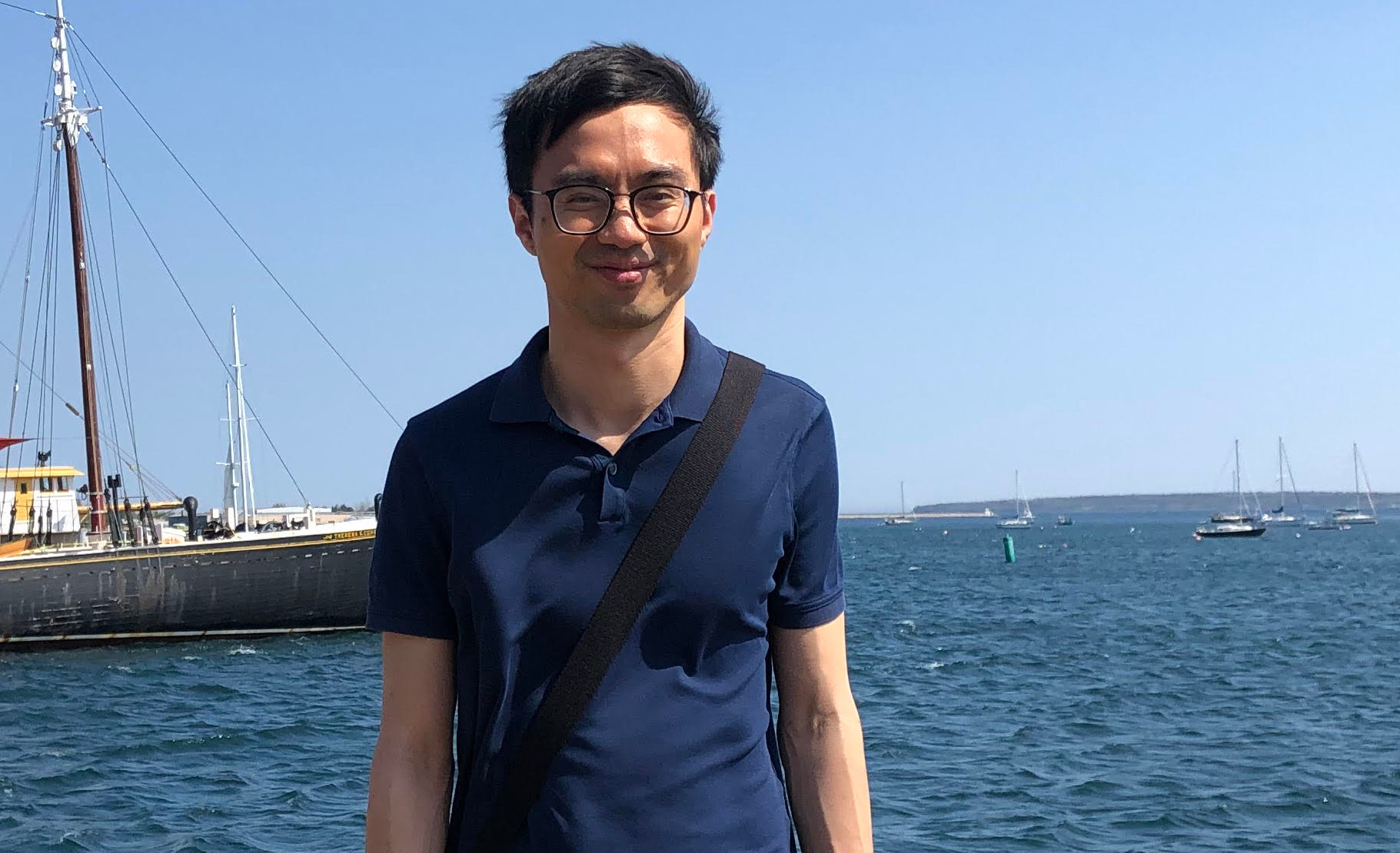 We would like to welcome
We would like to welcome 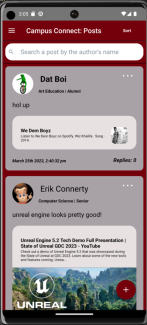
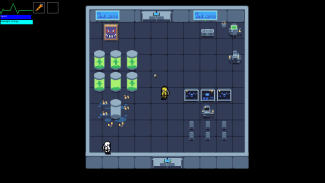
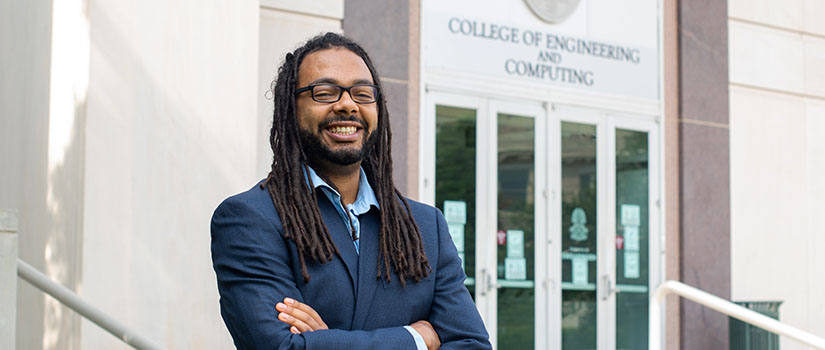 As artificial intelligence (AI) and machine learning continue to transform patient care, Computer Science and Engineering Assistant Professor
As artificial intelligence (AI) and machine learning continue to transform patient care, Computer Science and Engineering Assistant Professor 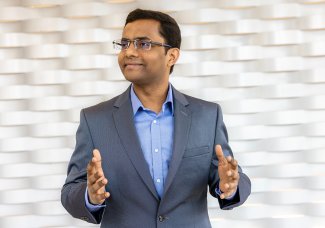
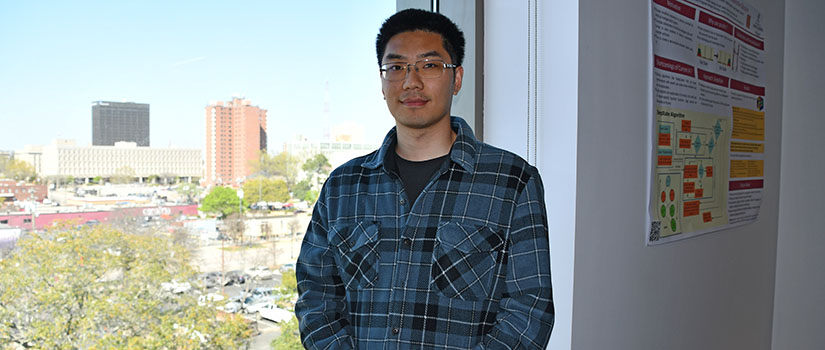 We are proud to announce that
We are proud to announce that